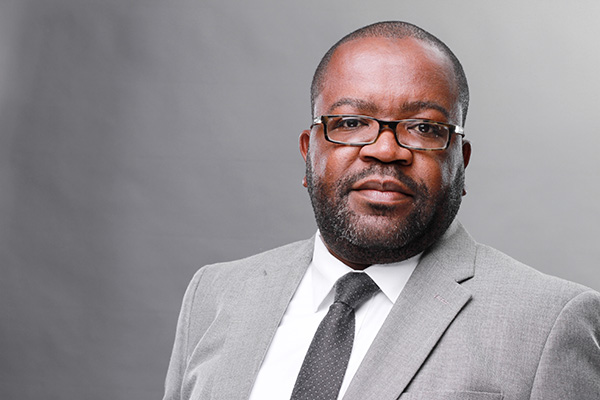Transforming Adult Education
Word count: 265
The article “Adult Education and Social Transformation” left me with two main questions:
1) What is the difference between adult education and work place education?
2) Is adult education the way to bring about workplace transformation?
Groener implicitly argues that transformation of South Africa (SA) into the true “rainbow nation” that leaders such as Desmond Tutu and Nelson Mandela envision, requires the alignment of new social policy with adult education. However, the link between poverty, the shacks on the N5 freeway (most of which incidentally were covered up during the world cup), workplace learning, workplace transformation, and adult learning, for me was not as clearly discussed. Additionally, the definition of Adult Learning in the context of South Afrika and how it has changed through the years (pre, during & post apartheid) that the author has been an “activist” in was also missing.
What resonated with me most was the link between adult education and the historical socio-cultural and political realities in South Africa. Part of the apartheid legacy in South Africa (and Namibia) is unequal distribution of just about everything. Governments in the region see education as a way redress these realities. The article highlighted one difference that I see in the articulation of adult education in South Africa and in the US or some Asian countries. In SA, adult education seems to be for the purpose of addressing ills of the past as a way towards national advancement and poverty alleviation. In other countries it seems to be for personal advancement in a specific organization/field and rarely mentioned as a link to national goal.
Reference: Groener, Z. (2006). Adult Education and Social Transformation. In Merriam, S. B., Courtenay, B. C, & Cervero, R. M. (Eds.) Global issues and adult education: Perspectives from Latin America, Southern Africa and the United States. San Francisco: Jossey Bass.

